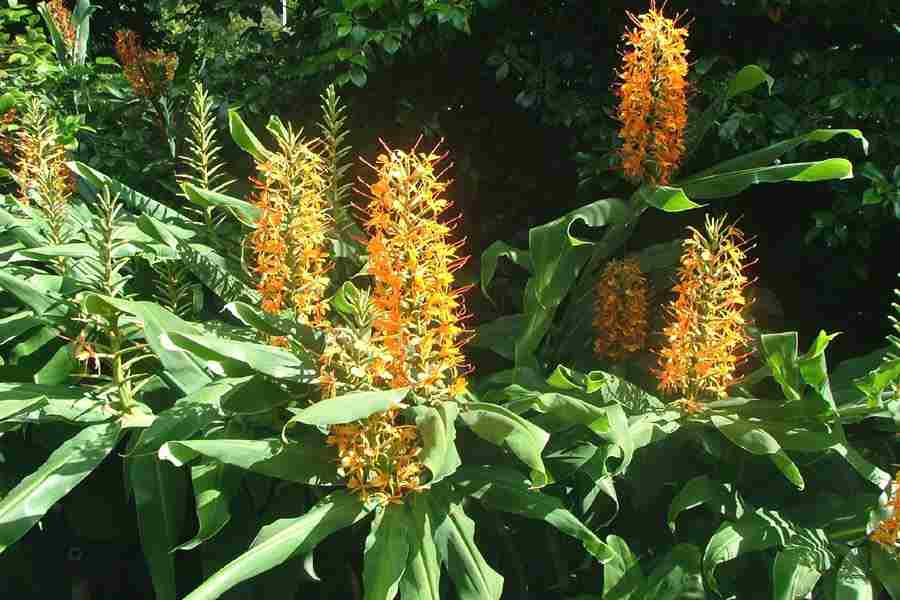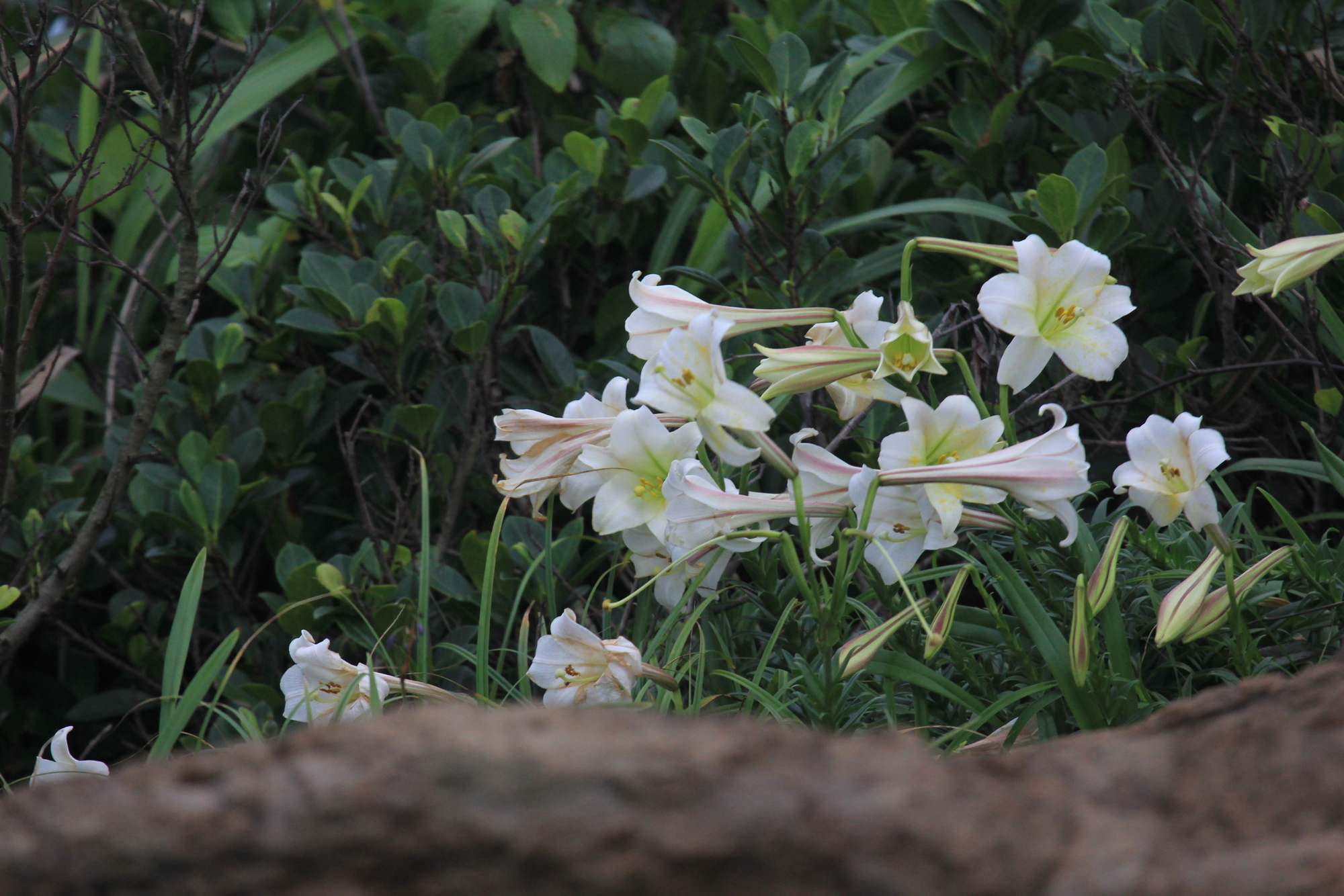Springbrook Weedbusters are a volunteer ran group focusing on the removal of weeds in Springbrook National Park. We work alongside National Parks and the Watergum community to help people with the identification, impacts, prevention and control of weeds.
 |
| Kahili Ginger |
"Hey
guys as we are a new group we will be meeting every third Sunday of the
month! Can’t wait to see you all there! ![]()
![]()
![]() "
"
Get involved - Like our facebook page and follow us for weedbusting days and weed information!
https://www.facebook.com/springbrookweedbusters
Springbrook WeedBusters (SWB) A little bit about us:
Initiated by QPWS, the inaugural members of SWB agreed on a 2-pronged focus: field activities and landowner education.
Activities will be in the National Park and on private land, starting with small projects to help members identify their species. With lots to learn and plenty of weeds to go around, we also chose the name to express our focus. Several weed outbreaks have been controlled at Springbrook over the years, so we know what’s achievable. And you don’t see weeds once they’ve gone!
It’s also important to recognise Springbrook’s World Heritage values and status as a national biodiversity hotspot. There are literally thousands of plant and animal species within cooee. But sadly, Springbrook NP alone has 82 threatened plants and 39 threatened animals. How many of those can you recognise? And one of the key threats to these species is invasive weeds.
Limited to a few hours a month, our group has no capacity to replace professionals in the National Park. The sort needed, for example, to control the Buddleia outbreak at Purlingbrook, or all the exotic ginger. Instead, we aim to educate and empower landholders to control their own weeds, in turn providing an enormous help to the National Park.
We’ll also provide regular weed information, for example, on how to identify native from exotic gingers. These are just some of our initial ideas. Come along, join in, and help out! Every third Sunday of the month, settlement day area. 

Lilium formosanum, common names:
Formosa lily, Taiwan Lily, Tiger Lily.
Whilst this is a beautiful looking flower it’s a very invasive weed. It’s currently in flower here on the mountain making it very easy to spot! (January)
Control:
Hand weeding. Cut down the flowering stem before the plant sets seed. Remove the bulb, taking care not to leave any bulb scales in ground. You may have to remove some of the surrounding soil to catch small bulblets that break away from the parent plant.
Place the weeds in your green waste bin or a garbage bag and then dump in the general waste bin. Do not put them in the compost as the vegetative material can remain viable and you could end up spreading the weeds in your garden.
For additional reading please check out the below.
Kahili ginger (Hedychium gardnerianum) is regarded as an environmental
weed in Queensland and New South Wales. It forms vast, dense, colonies
that smother and displace native groundcover vegetation. These dense
stands also can prevent the regeneration of trees and shrubs,
significantly modify the habitat available to native animals, and
eventually threaten the integrity of the forest ecosystems. This species
prefers moist habitats, can tolerate shade, and can dominate riparian
areas and the understorey of wetter forests in sub-tropical and tropical
regions.Kahili ginger (Hedychium gardnerianum) has escaped cultivation
in south-eastern Queensland and is spreading into rainforest at Mt
Glorious, Mt Nebo, Springbrook National Park, Lamington National Park,
Mt Tamborine and Buderim. It is also reported to be invading rainforest
near Mackay in central Queensland. It was recently ranked among the top
200 most invasive species in south-eastern Queensland and is regarded as
a serious threat to sub-tropical and tropical rainforests throughout
Queensland
https://weeds.brisbane.qld.gov.au/weeds/kahili-ginger



.png)
Keeping invasive exotic species out of our Native forests is very important to protect native species. Giving weedbusters a hand every third Sunday is a great way to start protecting the nature that surrounds you on Springbrook
ReplyDelete